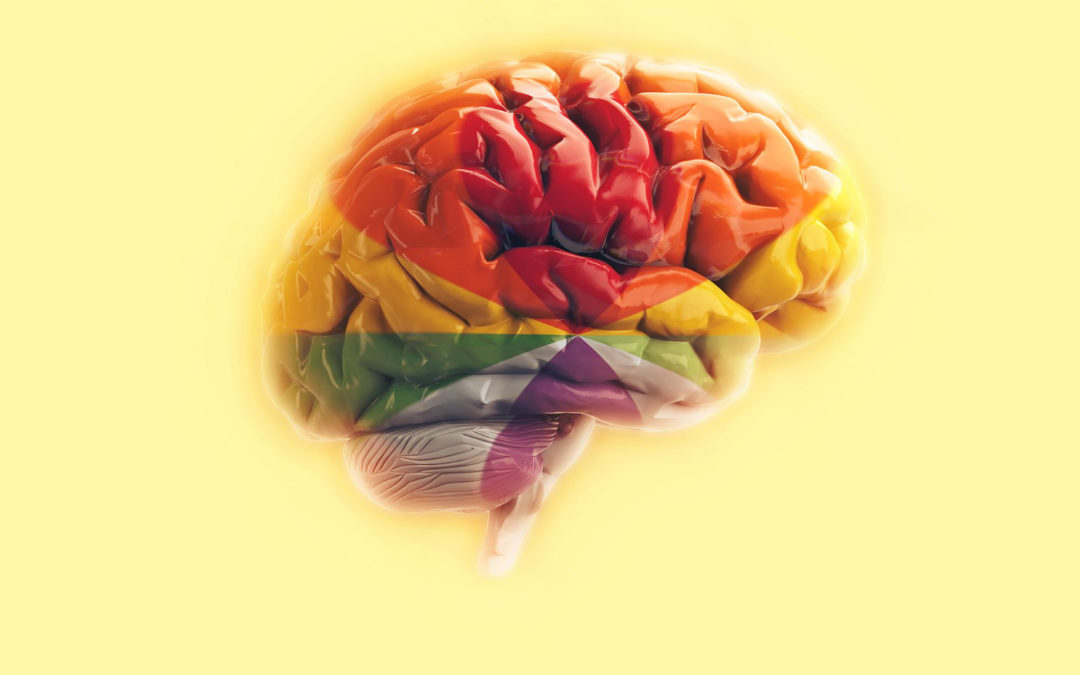By 2026, it is estimated that the market for anxiety and depression treatment will reach $18.9 billion in the US. In an industry that is already struggling to keep up with the demand, this prediction is expected to inundate the mental health system. With the future looking somewhat like a sinking ship, mental health professionals are searching for more effective therapies that can help alleviate their patients’ symptoms and this issue overall. Could psychedelics and mental health share something?
Currently, 30% of depression cases are treatment resistant, which begs the question as to why the current suite of anti-depressant medications available are not yielding better outcomes. Looking back at the 1970’s and 1980’s, these were the golden years of medical breakthroughs when it comes to mental illness. During this time, the role of serotonin in depression was becoming evident and close attention was placed on selective serotonin reuptake inhibitors (SSRIs).
Born from this research was probably the most famous development in the history of antidepressants, Prozac. Following shortly after were medications such as Zoloft and Wellbutrin (which is a slightly different class of antidepressant). Despite these advances, remarkable progress has not been made since this era and there are many drawbacks to these original medications. All antidepressants can carry side effects including nausea, dizziness, insomnia, and sexual dysfunctions. These drugs usually take several weeks if not longer to really start to work and many people with depression do not respond to these drugs at all.
These shortcomings demanded new options for depression treatment, and the answer might just lie in the use of psychedelics for mental health. Psychedelic drugs are not a new phenomenon. These drugs have been used by different cultures to facilitate mystical and spiritual experiences and to treat mental illness since ancient times.
It seems that our predecessors may have been onto something as recent clinical studies have shown mounting evidence that some psychedelics can help patients with certain mental illnesses, primarily in situations where nothing else has worked. Researchers believe that psychedelic drugs alter the way neurons connect to one another, allowing patients to essentially rewire neuronal circuits. As a result of the way in which psychedelic drugs interact with the brain, the outcome is that symptom relief is nearly immediate, long-lasting and with minimal side effects.
No longer are psychedelics looked down on for their role in the criminal world. Drugs such as ketamine, LSD, psilocybin and others are considered miracle treatments and may become permanent solutions to depression, PTSD, and anxiety. The recent surge in research around these psychedelics is only expected to continue gaining steam and holds much promise for the future of mental health.
Contact JoyDeVie Infusions
JoyDeVie Infusions is Green Bay’s leading provider of ketamine therapy and IV hydration. Contact us using the brief form below to learn more about ketamine for depression, and to find out if you are a candidate.

